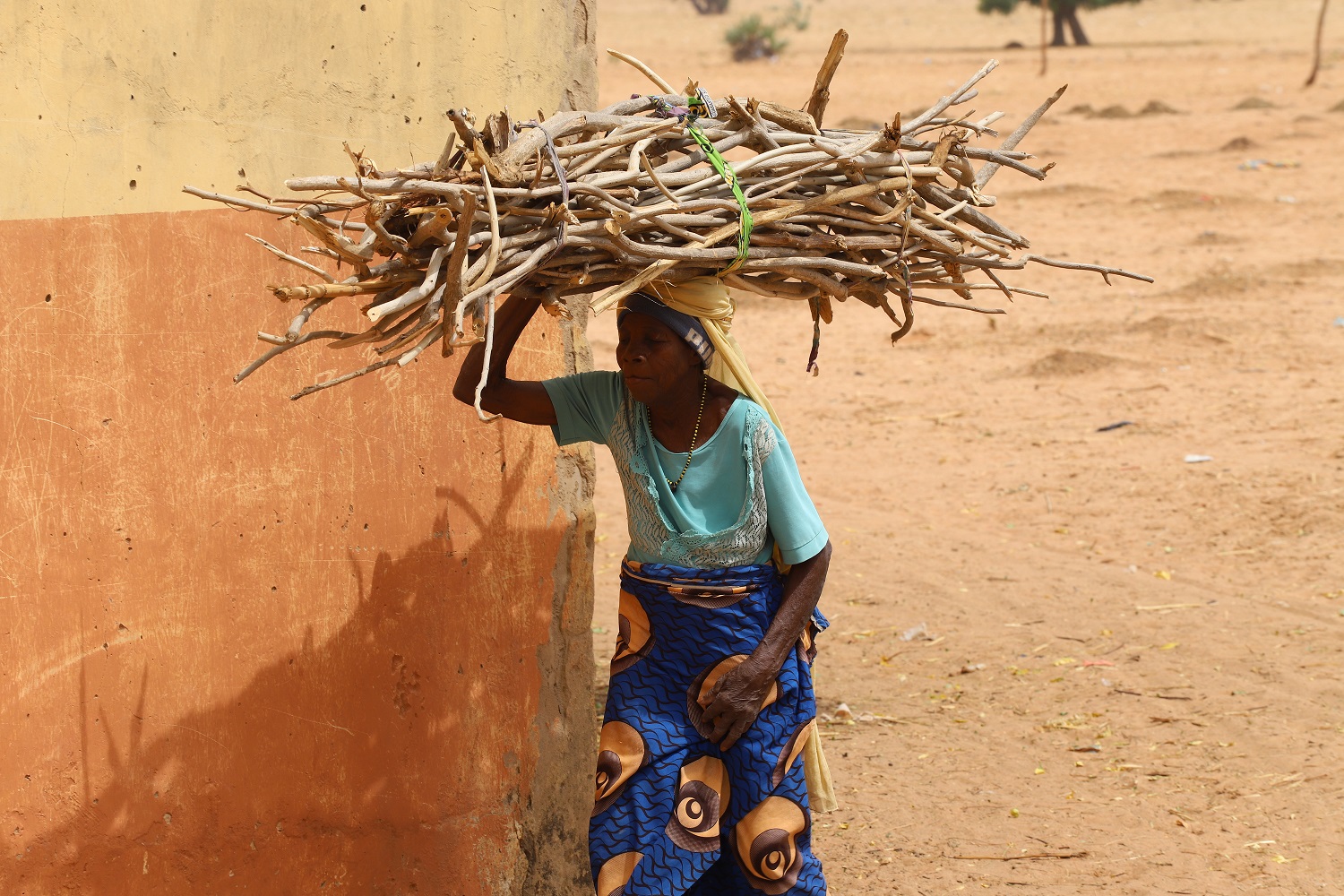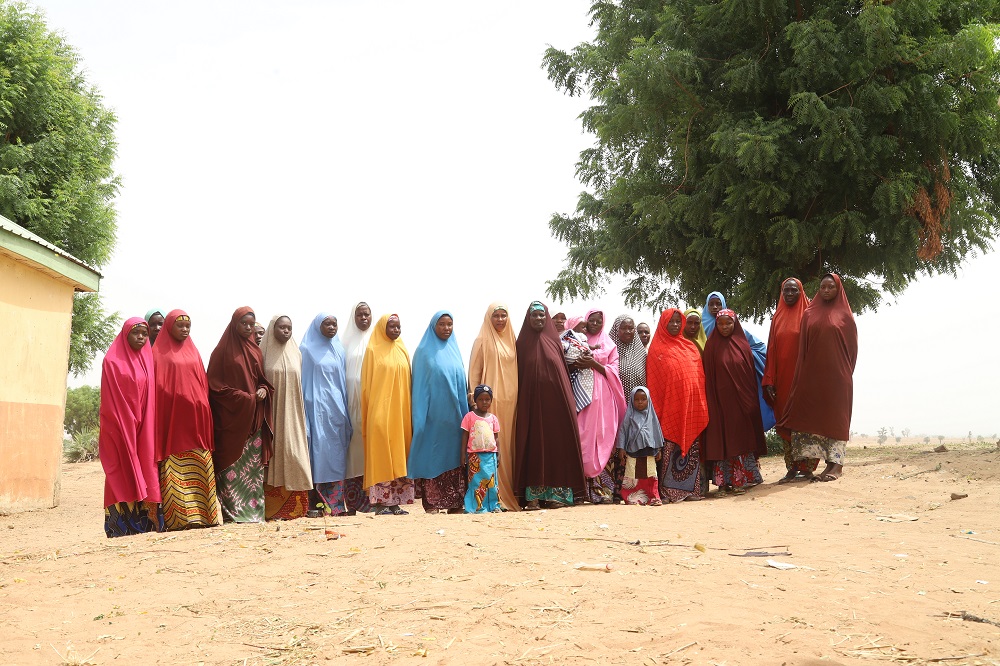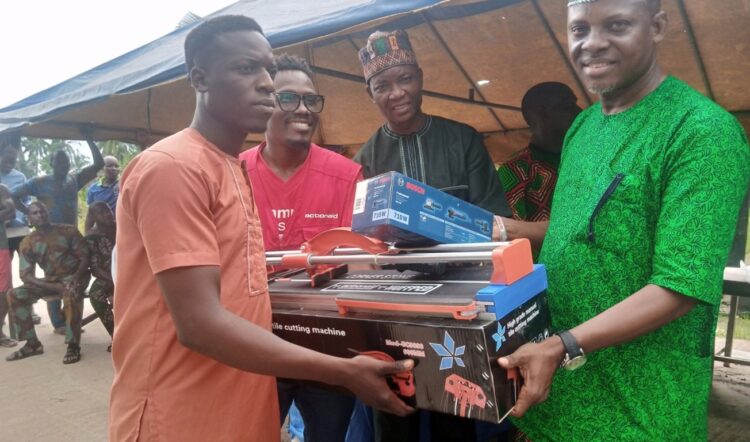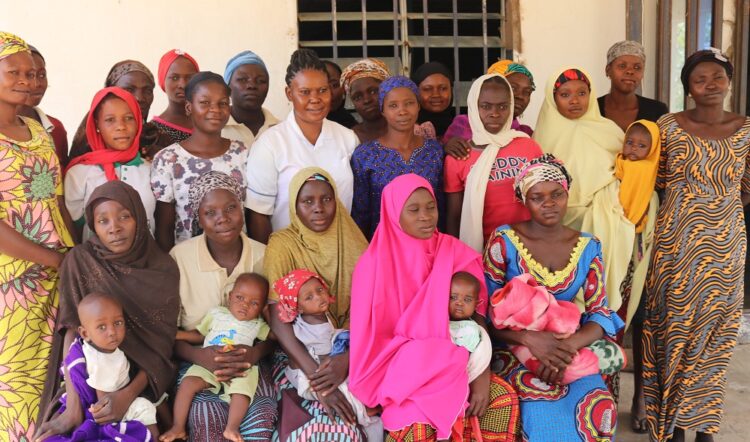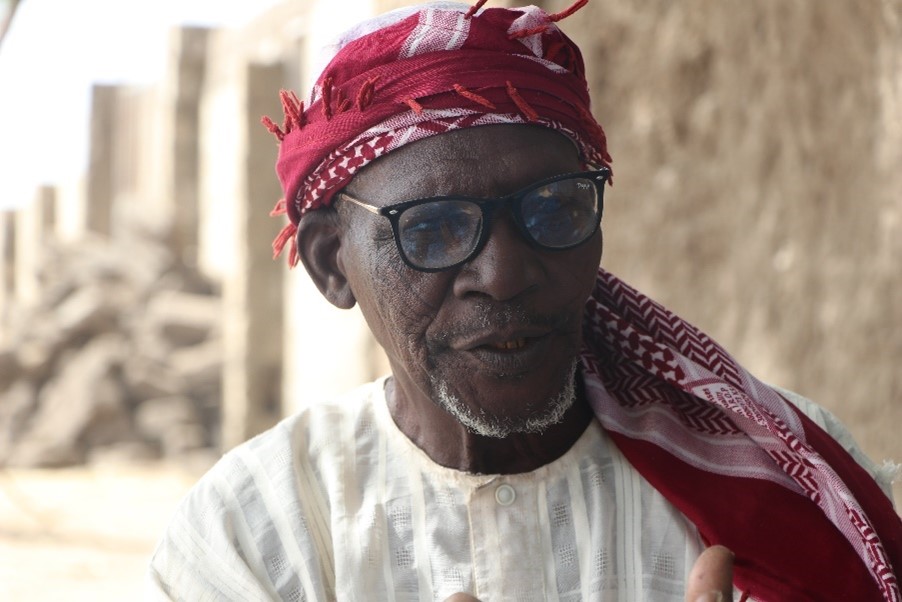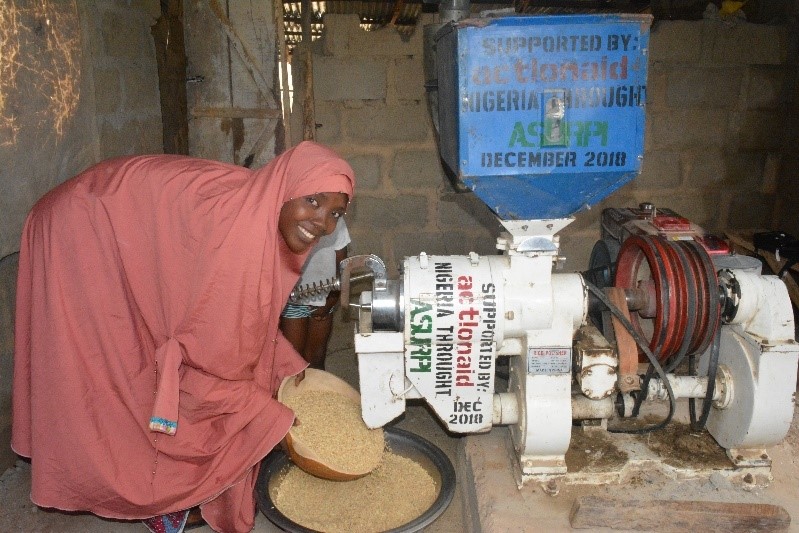Rebecca’s Story: Bridging the Gap for a Brighter Future
In the serene but isolated community of Ojogun, Rebecca serves as a beacon of hope and knowledge. As a dedicated community teacher at Our Lady of Apostles Primary School, she plays a vital role in shaping the minds of the young children in this rural community. However, the challenges she faces daily highlight the urgent need for infrastructure improvements in Ojogun.
Ojogun is situated away from the hustle and bustle of Badagry town, accessible only by a 45-minute boat ride costing 700 Naira one-way per person. This mode of transport is not only time-consuming but also expensive for the residents, who primarily rely on farming for their livelihood. The community voted during a needs assessment to prioritize the construction of an access road over other essential services such as electricity, a hospital, and additional schools. Their reasoning is clear: an access road would change their daily lives and economic opportunities.
Currently, there is a collapsed bridge and a severely degraded road that, if repaired, could allow vehicles to reach Ojogun in just 10 minutes. For the farmers, this road would mean the difference between costly and cumbersome boat rides and quick, efficient access to central markets where they can sell their produce. The current situation forces them to hire speedboats to transport their harvests across the river, followed by additional vehicle hire to reach the market, significantly eating into their profits and making the process laborious and expensive.
In addition to teaching on weekdays, Rebecca works as a hairdresser on weekends. She travels to Badagry town to style hair, earning extra income to support herself and her family. However, she faces the challenge of high boat ride transportation costs. Rebecca dreams of a future where she and her community can easily access Ojogun, providing a cheaper and more affordable alternative to the expensive boat rides.
Rebecca’s story is a powerful testament to the resilience and determination of the Ojogun community. The construction of a functional access road is not just about convenience; it is about transforming lives. It will enable farmers to transport their goods efficiently, increase their income, and boost the local economy. It will ensure that teachers can reliably reach the school, providing the children of Ojogun with the education they deserve.




